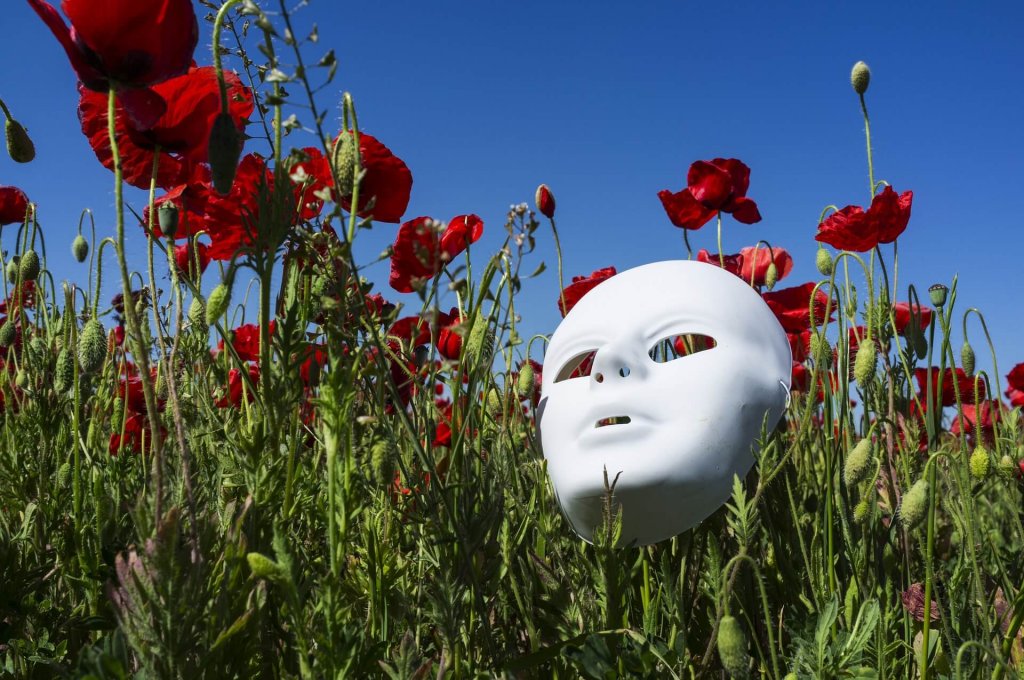Fortune Cookie Friday: Shed the Mask
Halloween is around the corner. Little children (and some big ones) are preparing their costumes for trick-or-treating and parties. I still have to buy my supply of candy, but I am eager to see what will show up at my door. Will I have spooky ghosts, pretty princesses, or futuristic robots.
Halloween is one of those holidays that we dress up and pretend to be something we are not. Unfortunately, it’s not the only time we wear a mask. People wear masks to hide who they are. This tradition is fine for October 31st, but not necessarily the best option the other 364 days of the year. The masks I am speaking of are social masks—the personalities we portray to make others think we are something else than ourselves.
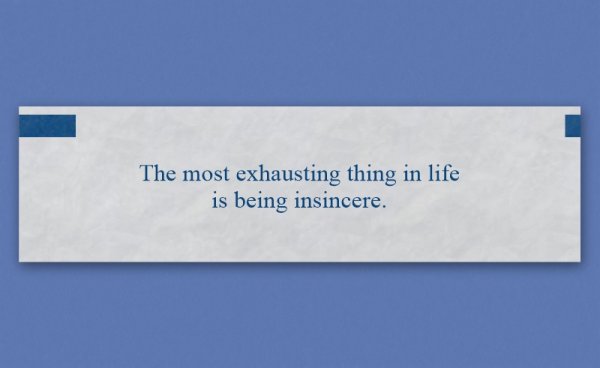
Today’s fortune comes from Anne Morrow Lindbergh’s book, Gift from the Sea. The full quote is:
Social masks aren’t always bad. It is customary to behave a certain way in certain situations, such as acting solemnly at funerals and professionally at job interviews. But masking our personalities at other times in our lives is insincere to others and exhausting to ourselves.
We put on social masks because we are insecure about ourselves, want to fit into societal norms and to seek approval of others. We develop our persona over years of conditioning by parents, friends, religion, media, arts, and entertainment. We grow comfortable with it even though it is deceitful.
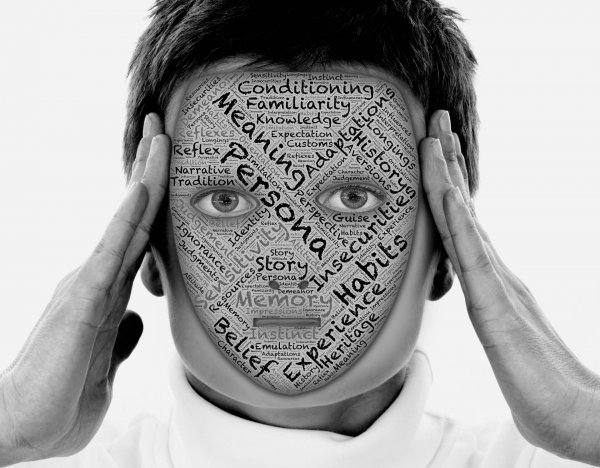
When I think of social masks, I can’t help but think of Disney’s Aladdin (1992). A young peasant boy falls in love with a princess and wants to impress her to win her heart. There is a scene where Genie gives Aladdin advice on how best to woo Jasmine by telling her the truth about himself. Genie takes the form of a bumblebee and says, “Remember… bee yourself.”
Society makes it difficult to be ourselves. We attempt to follow these norms that dictate how one should behave. We try to fit into a particular social class, gender stereotype, or want to be one of the cool kids, but the effort can be debilitating and not get the results we hope.
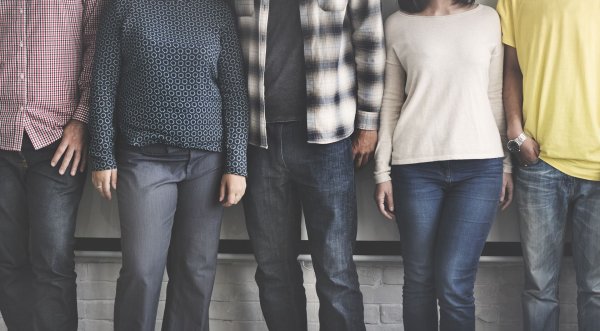
When we wear a mask, we inevitably lie to ourselves and others. The misrepresentations we employ can cause conflict between our values or beliefs and what we try to be. These actions leave us questioning everything we do and can kill our confidence. Soon we are left lacking and alone.
Our masks are automatic. When we find ourselves in situations where we want to fit in, we begin the charade by putting on a smile and being polite. Although this is the best thing to do, especially when meeting new people, everyone deals with issues in their lives, and this initial mask is the hardest to remove when we most need help.
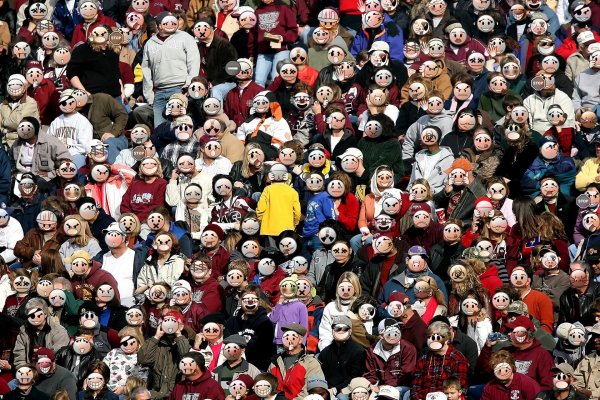
It worsens when we believe that the only way we can keep our connections with others is if we continually wear a mask at all times. We are all different and flawed, so we cover up our imperfections to fit in with others. Our true selves never come out, and this dishonesty can actually prevent us from making healthy connections with the right people.
Interestingly, society is now pushing the idea of diversity. Being different is the new norm. Fitting in by this method requires us to be the correct diversity and in the right amount. We find ourselves still trying to fit a mold that isn’t us. There is no winning at this game.
Instead, we should shed the social masks that hide who we genuinely are. We should revel in ourselves—flaws and all. Once we are comfortable with our true selves, others will notice. They will see the confidence in us and want to connect. They may even feel inspired to shed their social masks, allowing everyone to relax and be themselves. This method is how we create honest, lasting relationships.

So, get into the spirit of Halloween and pretend to be someone or something else, but shed that mask when it comes to daily life. Be yourself, and make yourself worth being.

